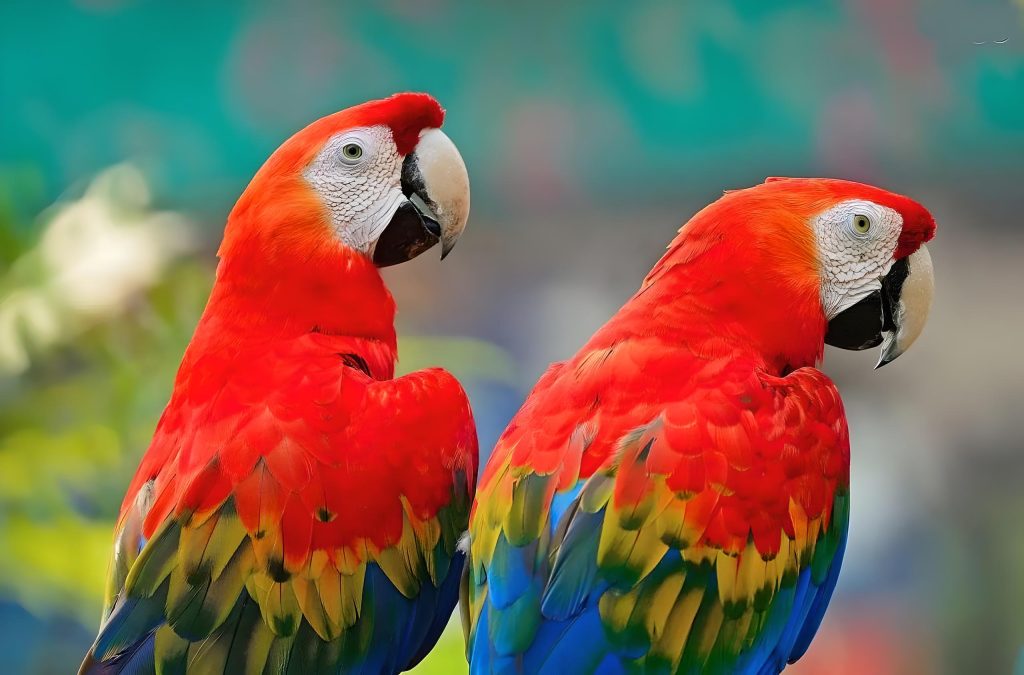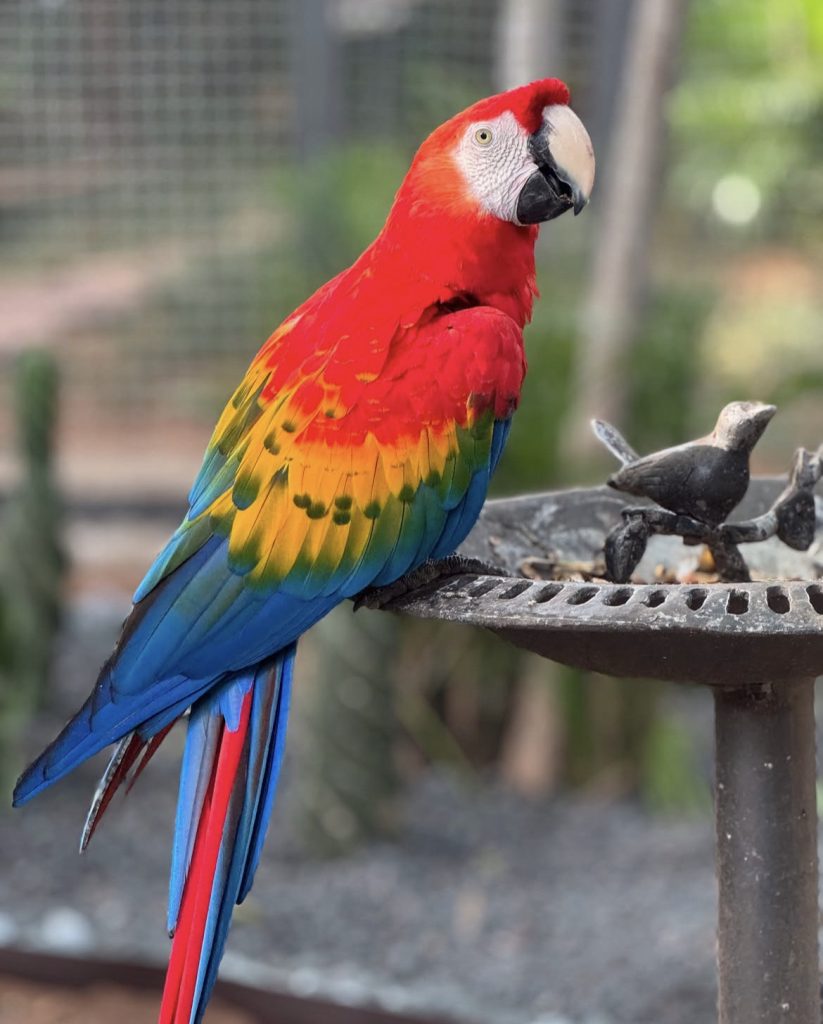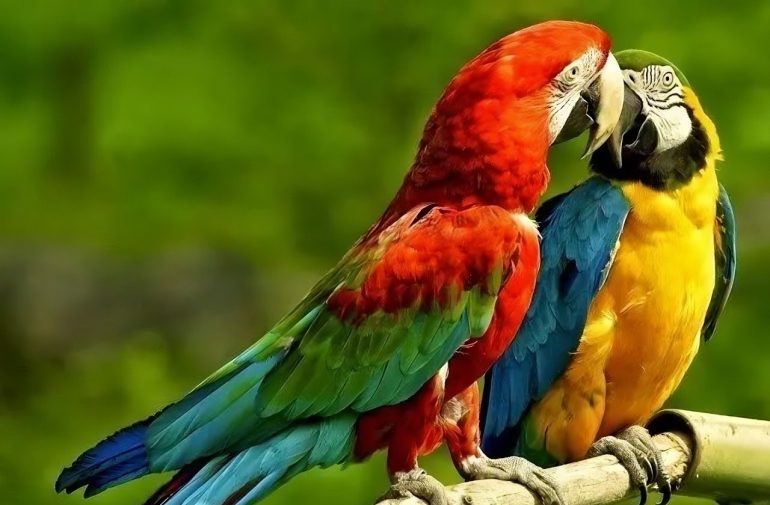Have you ever seen, or particularly heard, some of the macaws soaring freely over Luque, Asunción, Limpio, San Lorenzo, and surrounding towns? There are approximately 120 to 150 of them gliding about! Nonprofit organisation “Asora Paraguay” (Association of Bird Enthusiasts and Related Fields of Paraguay), based in Luque, has spent over 15 years working to rehabilitate, reintroduce and protect birds, especially these colourful macaws, in the Central Department of the country.
“Asora began in response to a common problem: people liked having birds at home but didn’t know how to care for them,” explains Enzo Espínola, an environmental guide with the organisation of Asora Paraguay, to The Asunción Times. Known for its rich biodiversity, Paraguay is a hidden gem for bird lovers, home to nearly 700 recorded species.
“In the beginning, we provided private consultations to help improve the conditions of pet birds. That eventually grew into what we are today.”

Focusing on native macaws
Asora Paraguay focuses now on two main pillars: environmental education and the release of macaws through a program called Urban Macaws (Guacamayos Urbanos). This program involves the technical rehabilitation of birds, many of which are donated by individuals or licensed breeders, until they are ready to return to nature.
“We used to work with all kinds of birds, even exotic species,” says Enzo. “But we realised that by trying to cover too much, we were not as effective. So we chose to focus specifically on macaws, which are native and historically flew over these areas more than 200 years ago.”
Today, between 120 and 150 macaws fly freely across Luque, Asunción, Limpio, San Lorenzo, and nearby cities. Each bird undergoes a process that can last up to three years. Two key criteria must be met before release: they must develop flight muscles – by training in a large aviary – and form a pair.
“We noticed that releasing solo birds did not work well. They would get lost, or fail to adapt. But when we release a pair, their first instinct is to find a nest and reproduce. It shortens the reintegration process significantly,” Enzo explains.
Asora Paraguay: “Kids our biggest allies”

Beyond their work with birds, Asora Paraguay also serves as an environmental education center. The organisation hosts workshops and guides visits for schools, universities, families, and work groups.
“Kids are our biggest allies. They love seeing the birds, but more importantly, they learn. They learn not to litter, to plant fruit trees, to respect wildlife. That’s what makes the difference,” says Enzo.
The public also plays a vital role in tracking released birds by sharing photos, videos, or GPS locations through WhatsApp. This community-driven monitoring helps Asora study the birds’ behaviour and progress after release.
“We invite people to visit us, to see what we do, to understand these animals. If they understand, they’ll care, and that’s how they can help,” Enzo says. “These macaws are now flying over schools, offices and homes again. That’s priceless.”
Asora Paraguay is proof that a grassroots initiative, rooted in passion and education, can bring life back to the skies and inspire a new generation to care for nature in their own neighbourhoods.
For more information, find Asora on Instagram!


